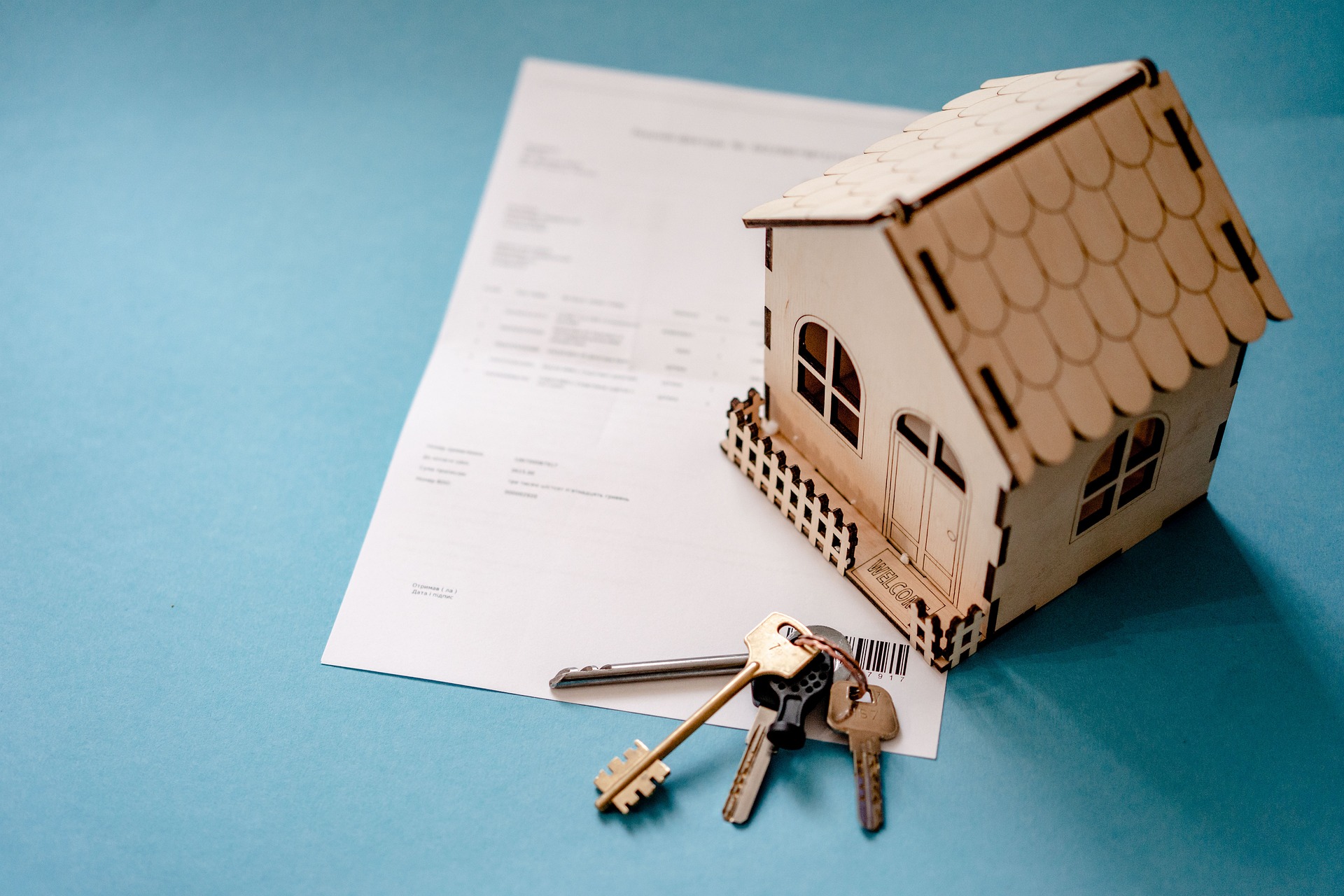Acquisition of a New Property in “Sale in Future State of Completion” (VEFA) by a Non-Citizen in 2025.
1. Property Development Scheme (PDS)
Launched in 2015, the Property Development Scheme (PDS) allows non-residents to invest in real estate in Mauritius. The minimum investment amount for a PDS is USD 200,000.
This amount should not be confused with the USD 375,000 required to obtain the residence permit associated with the purchase of real estate in Mauritius.
The PDS replaced the Real Estate Scheme (RES) and Integrated Resort Scheme (IRS).
There is no minimum price set.
When reselling a property acquired under the RES or IRS schemes, the conditions and restrictions of these schemes still apply.
According to the Economic Development Board (EDB) of Mauritius, a PDS project must:
a. Occupy land of at least 0.4220 hectares (1 arpent), which is 4,223.89 m2, and not exceed 50 arpents (~ 21 hectares), which is 210,000 m2.
b. Include at least 6 luxury residences intended for sale to non-Mauritian residents.
c. Include at least one commercial or leisure area open to the public.
2. Smart Cities
Smart Cities represent a new innovative and ecological approach to urban planning in Mauritius.
These integrated residential and commercial zones offer various investment options for foreigners.
The minimum investment amount for a residential property in a Smart City is USD 200,000.
This amount is distinct from the threshold of USD 375,000 required for obtaining a permanent residence permit.
Foreign investors interested in purchasing land in Smart Cities are required to build their villa within 3 to 5 years from the date of purchase. Each plot of serviced land should not exceed 2,100 m2. The construction must comply with the co-ownership rules of the Smart City, which may include specifications on architectural style, environmental standards, use of common areas, among others.
The Republic of Mauritius, through the Economic Development Board (EDB), encourages the development of Smart Cities on its territory.
These smart cities aim to create integrated and sustainable ecosystems that combine residences, workspaces, leisure, and public services in a modern and technologically advanced urban environment.
According to the EDB guidelines, the main criteria for developing a Smart City project in Mauritius are:
a. Project size: The minimum area for a Smart City project in Mauritius is 21.105 hectares (about 50 arpents). There is no maximum size specified, but the size must be sufficient to integrate various types of facilities and infrastructure.
b. Mixed development: Projects must promote mixed development, integrating residential, commercial, and leisure uses within a single community.
c. Sustainability: Smart City projects must be designed to minimize environmental impact and promote sustainable development.
d. High-quality infrastructure and services: Smart Cities must offer state-of-the-art infrastructure and modern services, including high-speed connectivity, efficient public transport, attractive public spaces, and modern public services.
e. Compliance with local laws and regulations: Projects must comply with all local laws and regulations, including construction standards and environmental regulations.
f. Detailed project plan: Developers must submit a detailed project plan to the EDB, including a project description, financial model, technologies used, services offered, and implementation plan.
g. Monitoring and evaluation: Once the project is approved and underway, developers must work with the EDB for regular monitoring and evaluation.
h. Partnerships: Developers are encouraged to establish partnerships with local or international companies to support project development.
3. Apartments in Buildings of at least 2 Floors (R+2)
Since 2016, foreigners have the possibility to acquire apartments located in buildings of at least two floors (R+2). This is possible outside the Property Development Scheme (PDS), Integrated Resort Scheme (IRS), Real Estate Scheme (RES), and Smart Cities programs. The minimum investment required for such an acquisition is Rs 6 million.
This option is more affordable for those wishing to invest in real estate in Mauritius without making a significant real estate purchase under the PDS or Smart City schemes.
Note, however, that this acquisition does not automatically confer a residence permit. To obtain one, the investment threshold of USD 375,000 must be met.
4. Investment Hotel Scheme (IHS)
The Investment Hotel Scheme (IHS) allows non-citizens to acquire a suite or villa in a licensed 5-star hotel in Mauritius. The minimum investment amount for a unit under the IHS can vary, but it is generally around USD 500,000.
A purchase made under the IHS does not automatically grant a residence permit unless the investment exceeds USD 500,000. As an owner, you can stay in your property for up to 45 days per year. During the rest of the year, your suite or villa is rented out by the hotel, providing you with rental income.
General Information
Acquisition:
All these investment schemes, except for the Investment Hotel Scheme (IHS), allow the acquisition of freehold property subject to the approval of the Prime Minister’s Office and the Economic Development Board (EDB).
Before becoming the owner of a property in Mauritius, it is essential to follow a series of steps that ensure the legality and security of the investment. One of these steps is the acquisition authorization request, which must be submitted to the EDB of Mauritius. This authorization is essential for the foreign buyer to purchase property in Mauritius.
Co-ownership:
Once the keys are handed over, a co-ownership is created to manage the common areas. For a new program, the developer acts as the syndic for the first year. At the end of this year, the co-ownership must vote to elect a new syndic.
Residence Permit:
Acquiring a property under the IRS, RES, PDS, Smart City schemes, and apartments in buildings of at least 2 floors can allow the buyer to obtain a residence permit, provided the investment amount is a minimum of USD 375,000 (or in convertible currencies). If the sale is made in a currency other than the US dollar, the EDB will consider the date of signing the authentic deed of sale and use the conversion rate of the day issued by the Bank of Mauritius (BOM) to calculate the exact amount in US dollars.
The permit is eligible for an individual: man, woman, married or civil union couple, as well as their children until their 24th birthday and their retired parents (minimum 50 years old). For precisely USD 375,000, only one residence permit can be granted; the spouse, children, and retired parents will benefit from a dependent permit linked to the primary permit.
Real Estate Law in Mauritius:
The real estate law in Mauritius is mainly inspired by the French Civil Code (Napoleon Code). Contracts are written in French or English, and the sale can be conducted in Mauritian rupees, US dollars, or euros.
Deposit:
For the acquisition of a lot in a new off-plan program (VEFA: Vente en état de futur achèvement), the deposit required by the developer upon signing a Preliminary Reservation Contract (CRP) is placed in an escrow account with the notary responsible for drafting the authentic deed of sale. Generally, the deposit is between 5% and 10%. The fund calls are regulated based on the progress of the work. Generally, the deposit is between 0% and 10% of the acquisition amount.
Guarantees:
In the context of an off-plan sale (VEFA), developers are required to subscribe to a financial completion guarantee (GFA) issued by a financial institution. They are also required to subscribe to a ten-year guarantee backed by an institutional insurance company. If the signing of the authentic deed of sale and the full payment of funds occur upon completion of the construction work, the developer is not obligated to subscribe to these guarantees. The developer must also subscribe to a two-year and ten-year guarantee.
KYC and Due Diligence:
The notary and the real estate developer play a crucial role in the acquisition process. They are responsible for carrying out due diligence and Know Your Customer (KYC) procedures. Due diligence is an investigation, audit, or review performed to confirm the facts or details of a matter under consideration. In the financial world, due diligence involves examining financial records before entering into a proposed transaction with another party. The KYC procedure is a verification of the buyer’s personal information to ensure the reliability and legitimacy of the funds used for the purchase. To this end, before receiving any sums in their escrow account and after signing the Preliminary Reservation Contract (CRP), the notary responsible for drafting the deed must send you a preliminary document to identify the source of the funds. This document is called FIAMLA for “Financial Intelligence and Anti-Money Laundering Act 2002”.
Rental after Acquisition:
Buyers of real estate under the IRS, RES, PDS, and Smart City investment schemes cannot rent out their property for short-term rentals (vacation rentals) on their own. The developer of these investment schemes must designate a specialized company that holds all guarantees for this purpose. Some developers may waive this rule. In this case, it will be necessary to obtain a certificate from the developer authorizing you to rent on your own. You must obtain approval from the Mauritius Tourism Authority (MTA) and comply with the regulations in force. For buildings of at least two floors (R+2), you must check if there are no prohibitions in the co-ownership regulations. Long-term rental, furnished or unfurnished, is permitted.
Acquisition by a Legal Entity:
In Mauritius, a natural or legal person (Ltd, SCI, Trust, Foundation, Offshore Company, etc.) can acquire real estate. The purchase can be made as an individual or through a legal entity such as a company or trust. This offers greater flexibility to investors and can also provide certain tax or estate planning benefits, depending on the specific situation of the investor.
NB: A non-Mauritian citizen cannot buy real estate outside these investment schemes unless an exemption is granted by the Prime Minister
For more information please contact us: Click here



